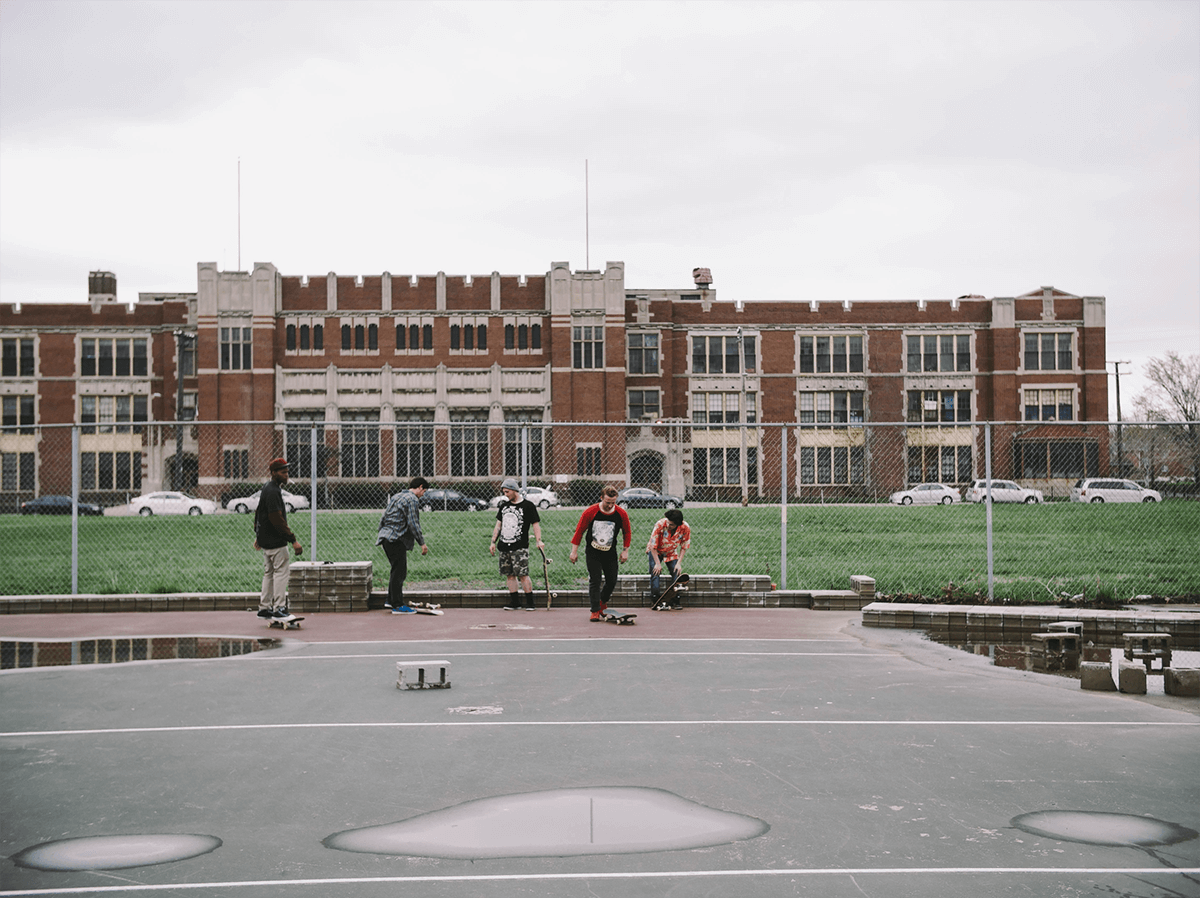Life After High School: How to Prepare for University
As you can imagine, life as a young adult in the real world is drastically different from school. After 18 years of living under the rules of your parents and having your life dictated by a school schedule, it is liberating to be able to choose what you want to do.
With greater freedom comes greater responsibility. Specifically, the responsibility to make choices best for yourself. If you aren’t used to making daily life decisions, life after school can quickly become overwhelming.
Some young adults focus all their attention on work and study without exploring other aspects of life. Others reach a point where they live day by day without a schedule, because there is simply too much going on to plan.
Graduating students need to be prepared for adult life, as the transition to higher education or joining the workforce is one of the most significant phases of life. It is a time when good or bad habits from early life can be broken down and changed – full of opportunity for those who look for them.
At the same time, no one will offer or force you to do things beneficial to you.
You will need to start living life for yourself!
This blog is written and inspired by the personal experiences and observations of myself and a few other university students and graduates. Each of us have had struggles and success in different areas of life after high school, and below are the do’s and don’ts from our personal experiences!
If you have chosen to go down the tertiary education pathway, here is how to prepare for university in Australia!
How to Prepare for University?
Attend Orienation Week
For those going to university, Orientation Week (commonly called O Week) marks the start of uni life, and it’s important to start strong by having full attendance!
Technically speaking, this week doesn’t include anything imperative to your academic study, but it does help introduce you to a wholesome university lifestyle. Attending O Week will help you become familiar with the campus, its main buildings, food options, and optimal study spots. More importantly, this is when you will meet other people from your course and start to form new friendships.
During O Week, everyone is new and eager to meet new people, so talking to the people sitting around you is a lot less awkward. Also, you’ll be introduced to the various clubs at university, and joining them narrows down the thousands of strangers to a select few who share the same interests as you.
Apart from making friends, there are many other administrative matters a new university student can learn during this week, including organizing a student ID, becoming familiar with transport options, and getting a student mentor.
In general, O Week at university gets you excited and motivated for your study, and the key to successful university life is maintaining a healthy level of motivation!
Keep Busy and Join Clubs
“The busier you are, the more time you have.”
This quote from one of my seniors is particularly accurate for the procrastinators of this generation.
Keeping yourself busy by participating in sports, activities, and hobbies you enjoy improves your self-confidence, and broadens your horizon in life. It also provides a sense of achievement to increase motivation.
What’s more, activity outside of the academic curriculum is an amazing way to build your social and professional network.
Career prospects are not the sole reason to keeping your schedule busy. Your hobbies and talents are what define you, and you should certainly explore them as much as possible.
Even if they are not popular or easily accessible, don’t let them go to waste. Whether it be abstract art, chess, or a sport hardly anyone plays, if you try hard enough, you will find others who share your passion.

Remember the Importance of Networking
To the young and inexperienced, networking is considered a bit underhanded or unfair. The reality is, social connections are equivalent to personal judgements of a person’s character, work ethic, and integrity. Accomplishments on paper are well and good, but it can never replace personally witnessing someone’s positive attributes.
Whether you like it or not, the importance of networking is a fact – you must participate in networking if you want to improve employment aspects.
In some courses that may be considered “easier” or have more practical, self-directed learning, I have heard people say they essentially paid for the connections and networking, rather than for actual teaching. That might sound like a bad thing, but it’s quite the opposite!
Networking is important as it significantly boosts your employability, and when it comes to improving your resume, the longer you wait, the less appealing it looks. It doesn’t matter how active you were in high school if you haven’t done much outside of study for the past two years. The earlier you participate in club activity, volunteering, and social gatherings, the easier it is for you to find an internship or entry-level job come graduation year.

Exercise and Productivity – an Unlikely Match
There are many reasons why people exercise, and just as many why others don’t. The one reason you should exercise, for those who hate it, is because it has a major impact on your ability to be productive.
In our childhood and adolescent years, we don’t feel unproductive because we are always full of energy. Later in life, we begin to feel the impact exercise, or lack thereof, has on our body.
Speaking from personal experience, I have never found enjoyment in most sports or physical activity, and thought it was okay, because “I’m a more academic and creative-focused kind of person”.
This mentality caught up to me during the first few years of university when I was constantly fatigued during the day.
I know some friends who were very active in high school, but stopped exercising because of differing dynamics in university sports clubs, time spent on other interests, and so on. Whatever the case, the lack of exercise quickly caught up to them, too.
The connection between exercise and productivity is simple science. Exercise enhances your body and brain’s endurance, which raises your daily energy levels. When you exercise, even if it’s light stretches or warm-ups, your body (and brain) metabolism and blood flow increases for the rest of the day.

Investment in Self & Miscellaneous Activities
What’s most beautiful about this stage of young adult life is that you should be free to pursue what you want to do in life. Investing in yourself means spending time and money on learning and experience personal growth.
The things you do should set you up for your future career, but there should also be plenty of interests you explore simply because you enjoy it. We are humans, not lifeless cogs, only intended to maximise productivity in a great factory.

When it comes to money, having the self-control to save and spend wisely is good, but never do so at the cost of your self-growth. In other words, learn to start saving, but don’t hesitate to invest on your opportunities for learning, upskilling, general world experience, and even just fun experiences!
This is an attitude I’ve only recently realized, because I’ve been brought up to be very mindful of my spending. As a result, I have foregone some great opportunities or overlooked useful resources because of their costs.
If travelling is something you love, go for it! It is one of those things that broadens your perspective significantly, even if it can be very costly.
Remember, you don’t have to get everything right the first time!
Making mistakes and failing is a natural part of life. What’s important is having the self-awareness to reflect on the things you did well and not so well. This also includes being humble enough to accept constructive criticism without taking it personally.
Failing at something is a learning opportunity if you have an attitude of self-improvement. I would encourage you to always look for that way! Never stop working hard, trying your best, and exploring life.
To end, I’d like to congratulate you all on your graduation! Our team at A Team Tuition are so proud of the hard work you have done to get to this point. Good luck for the future, young adults!


